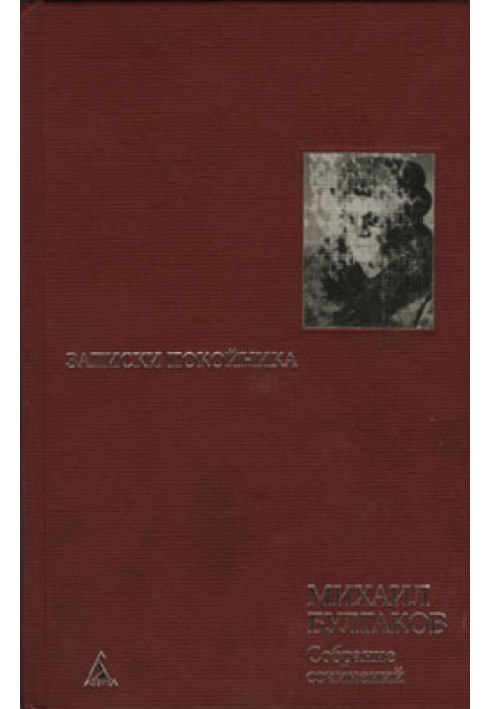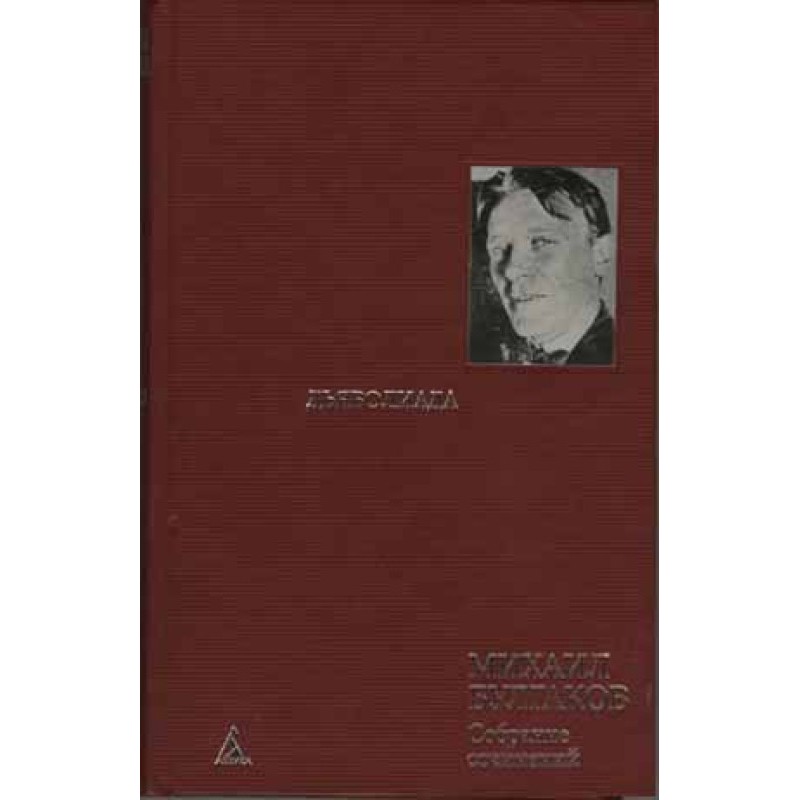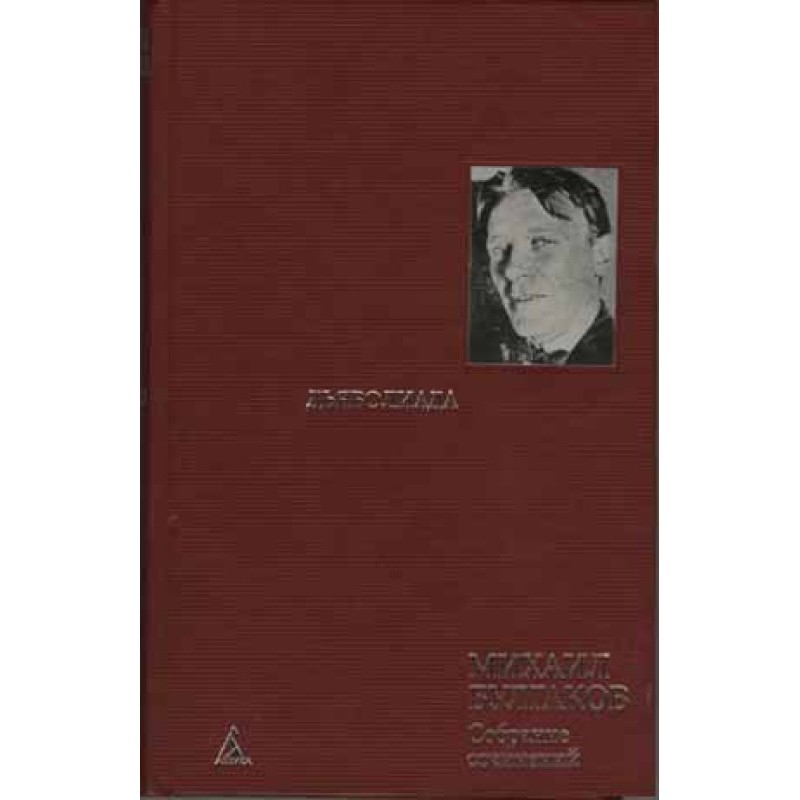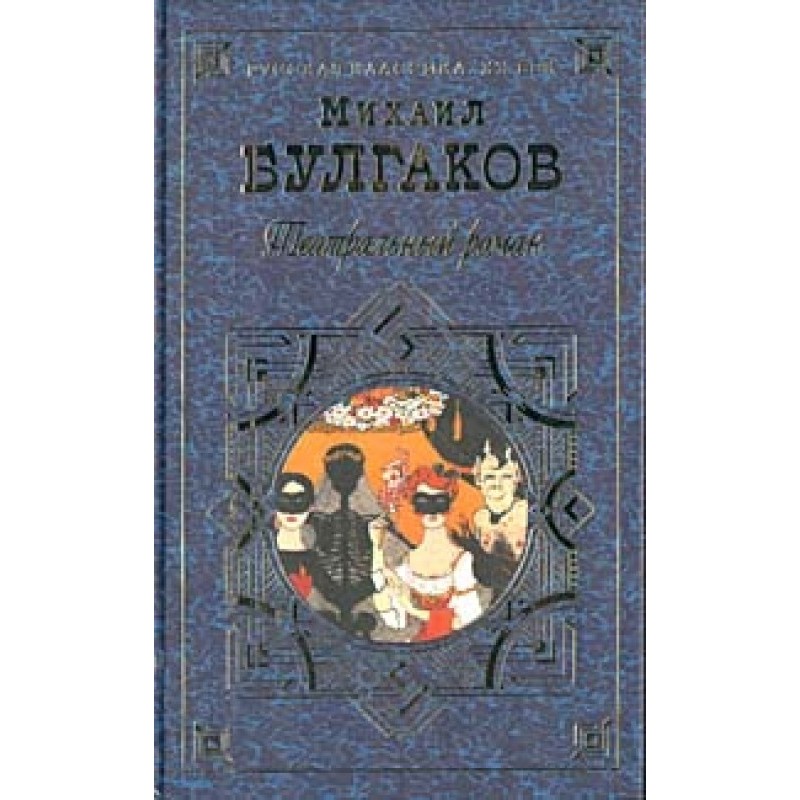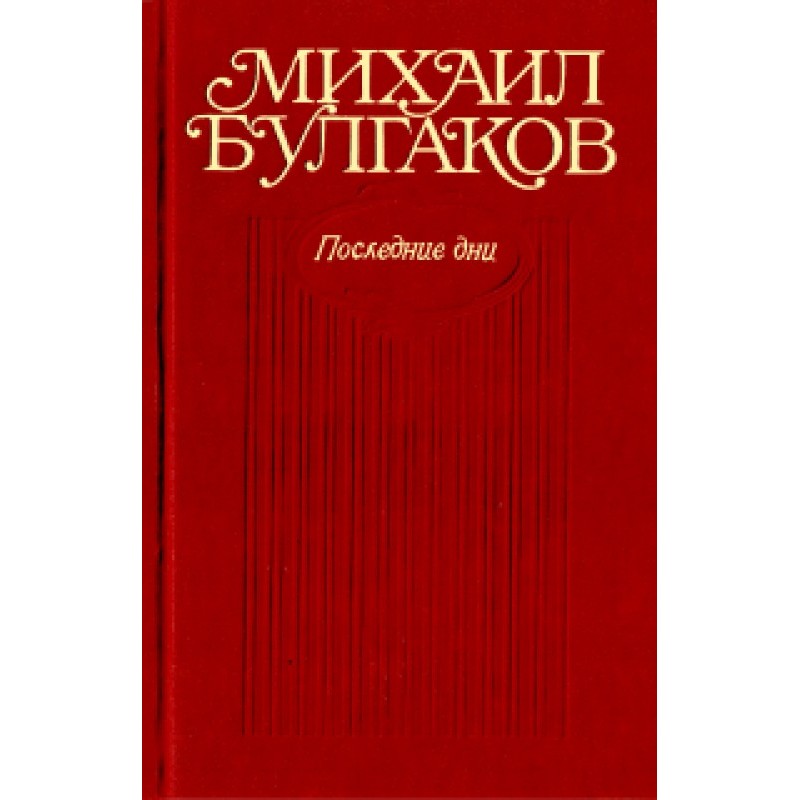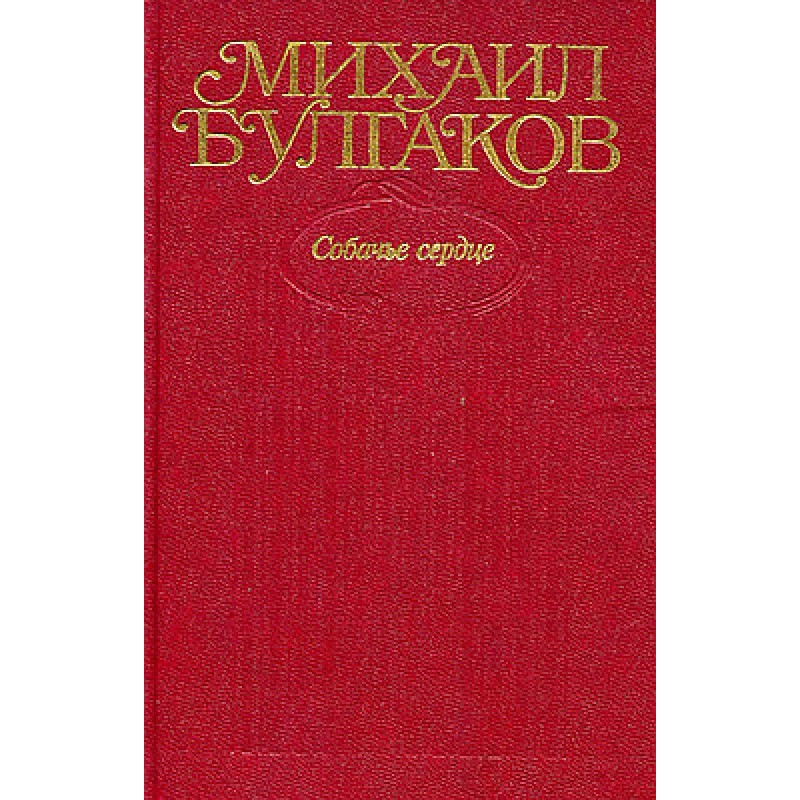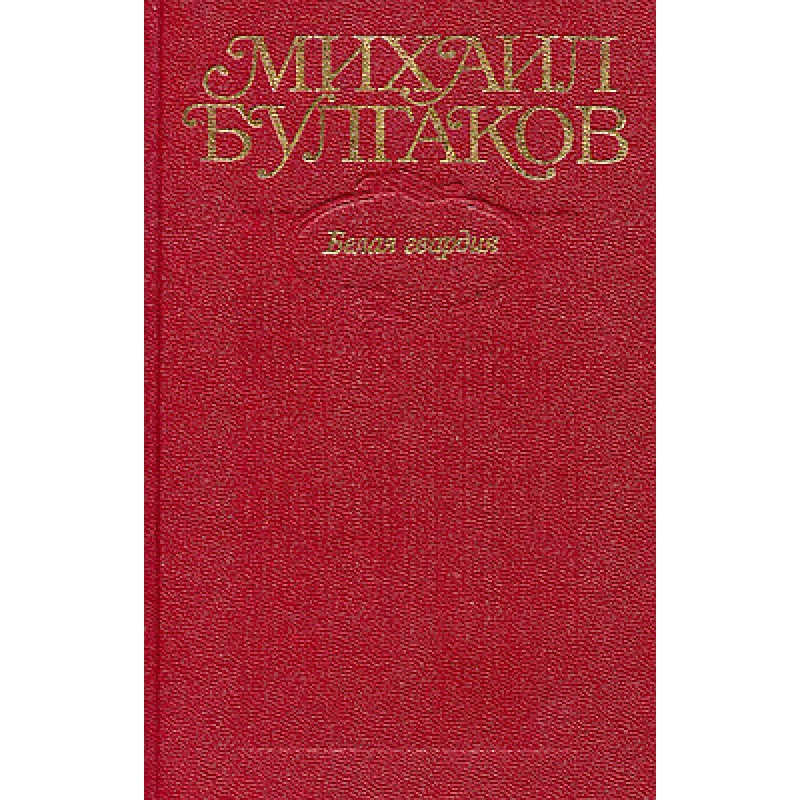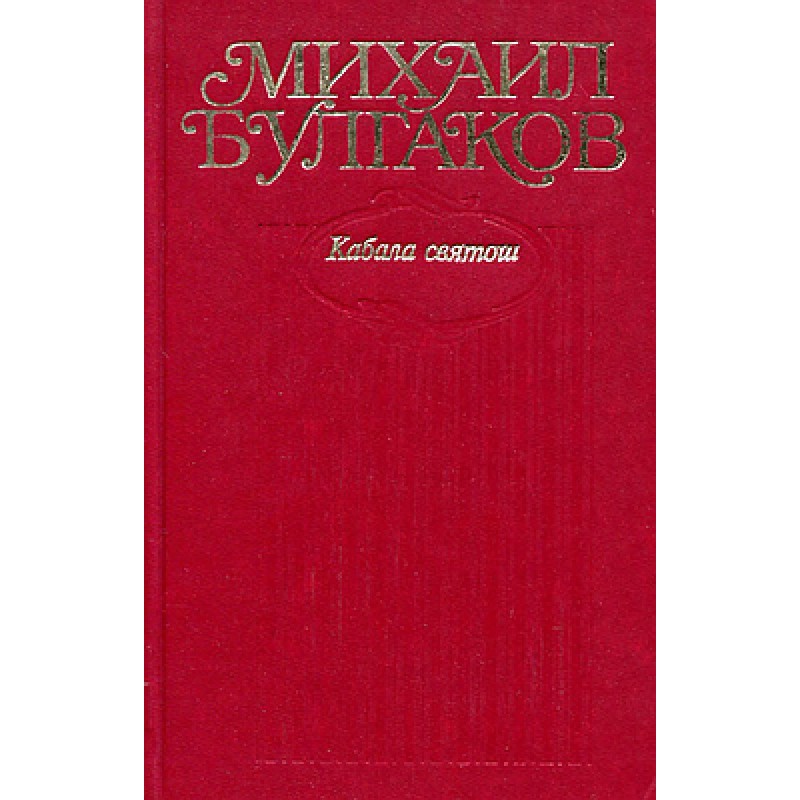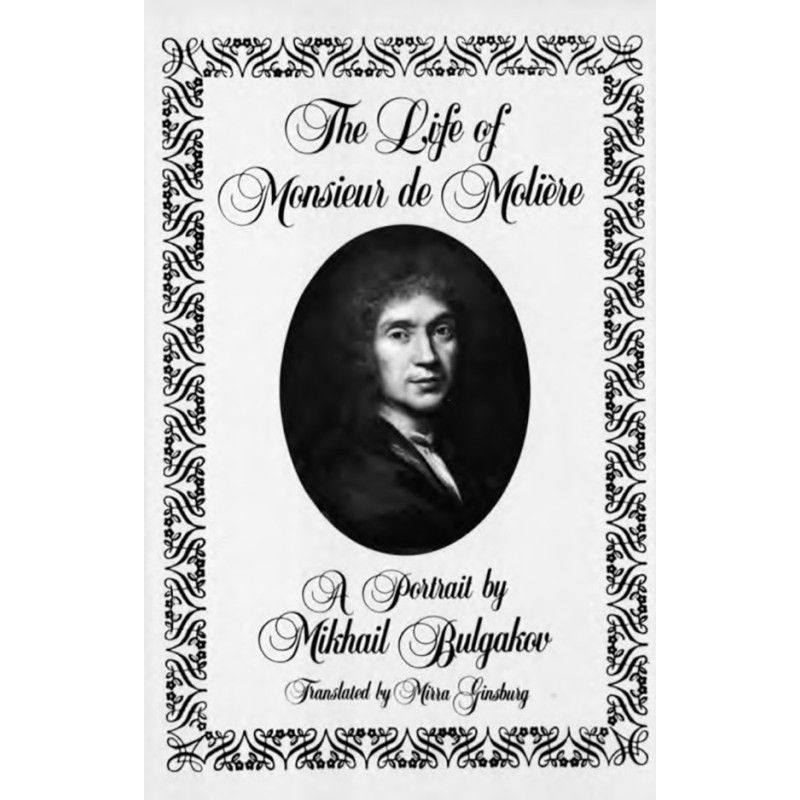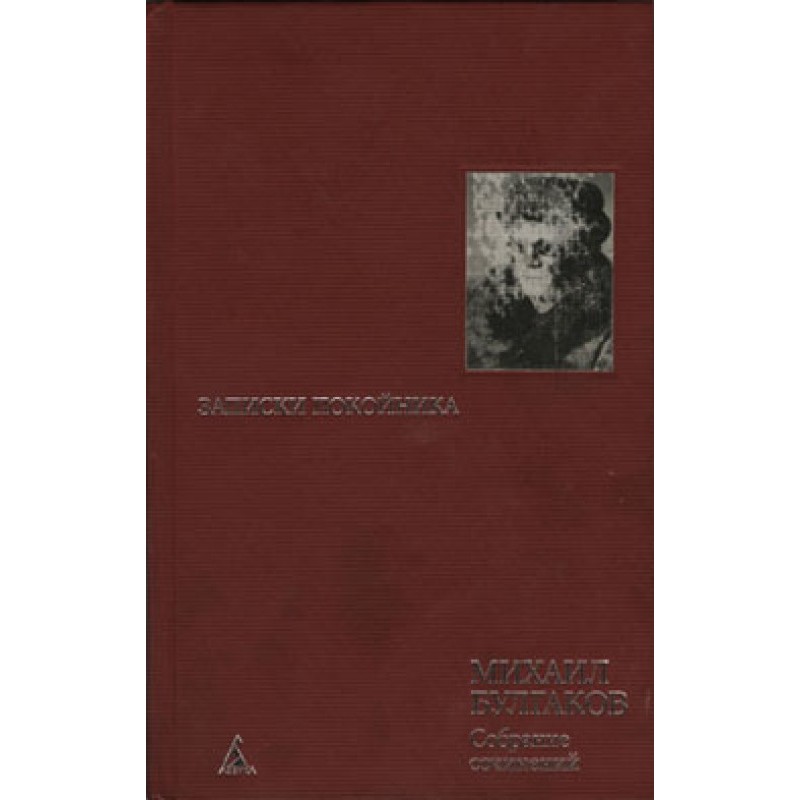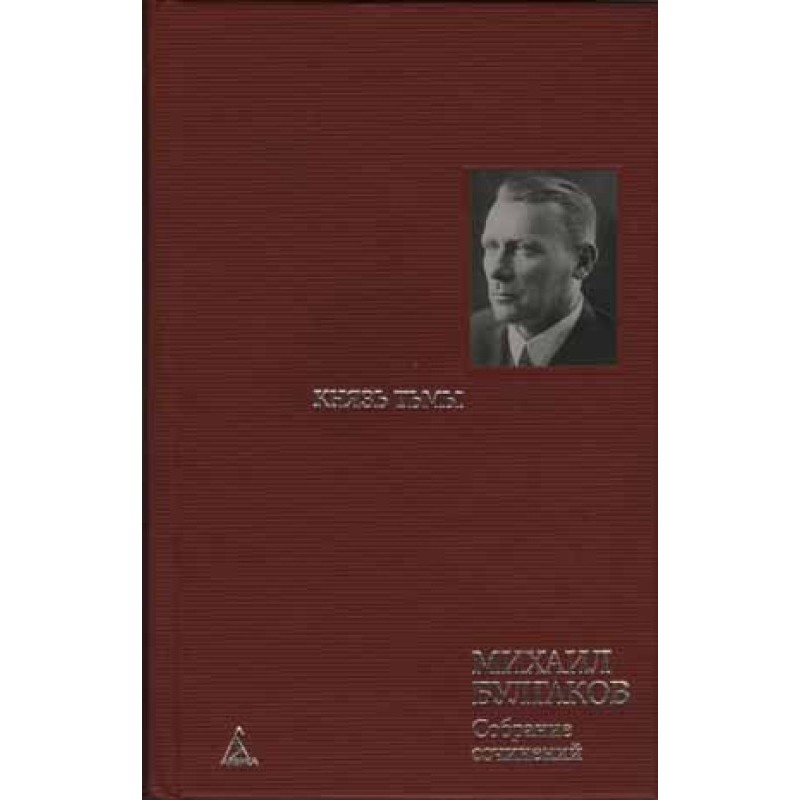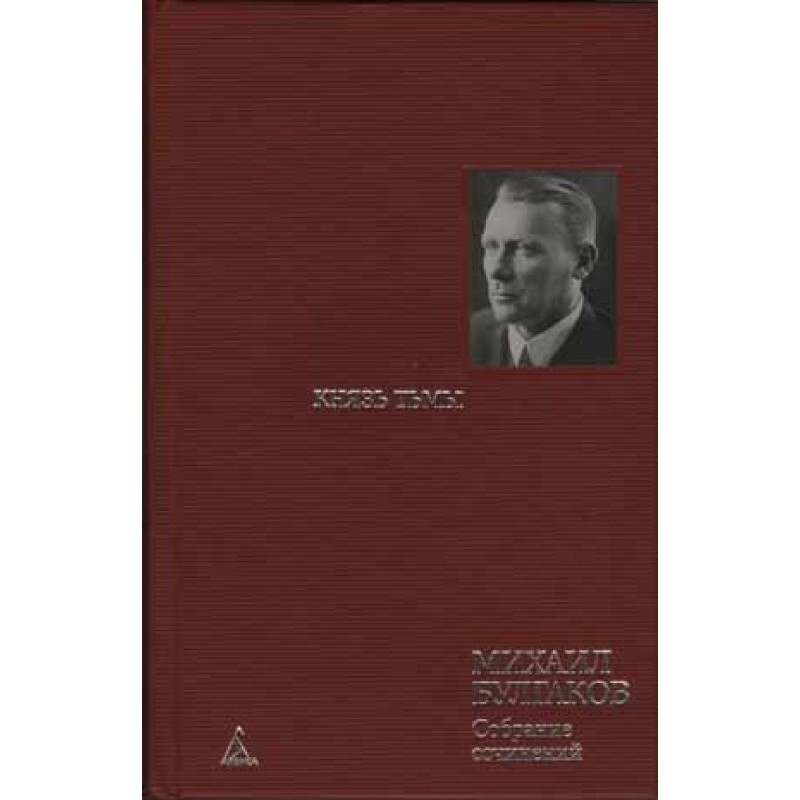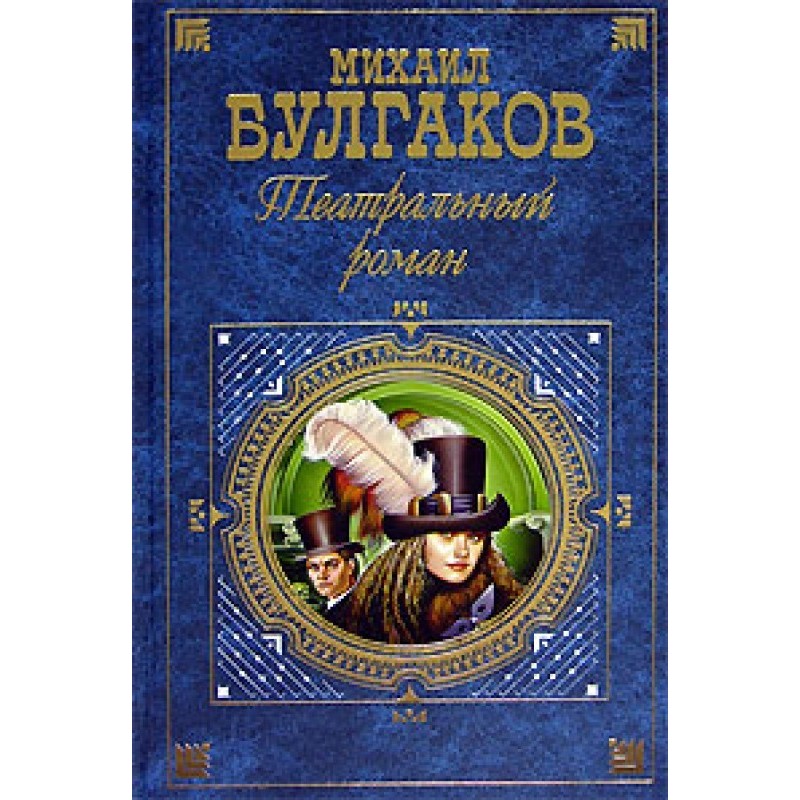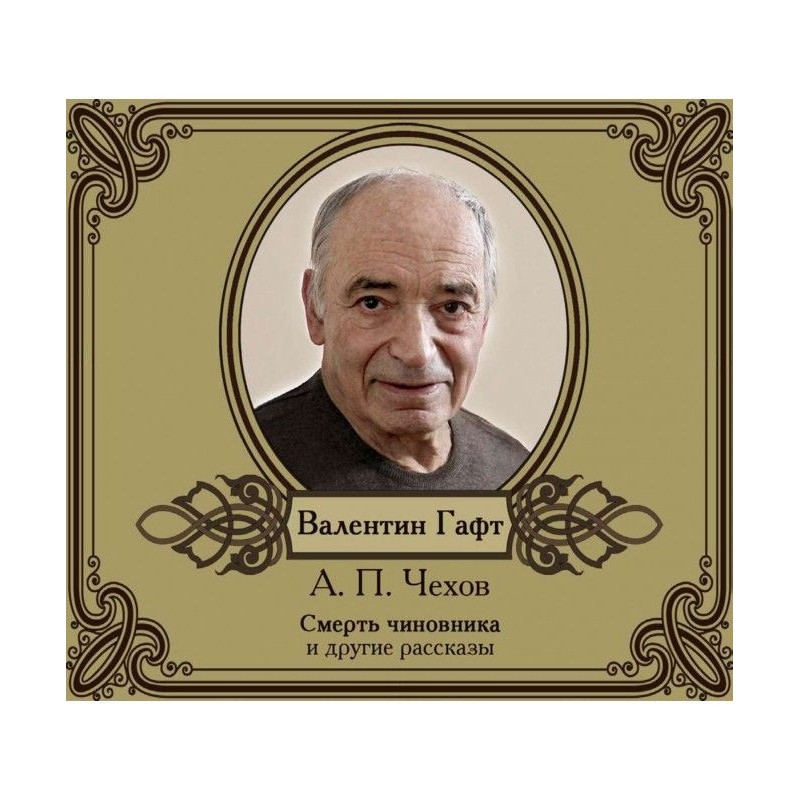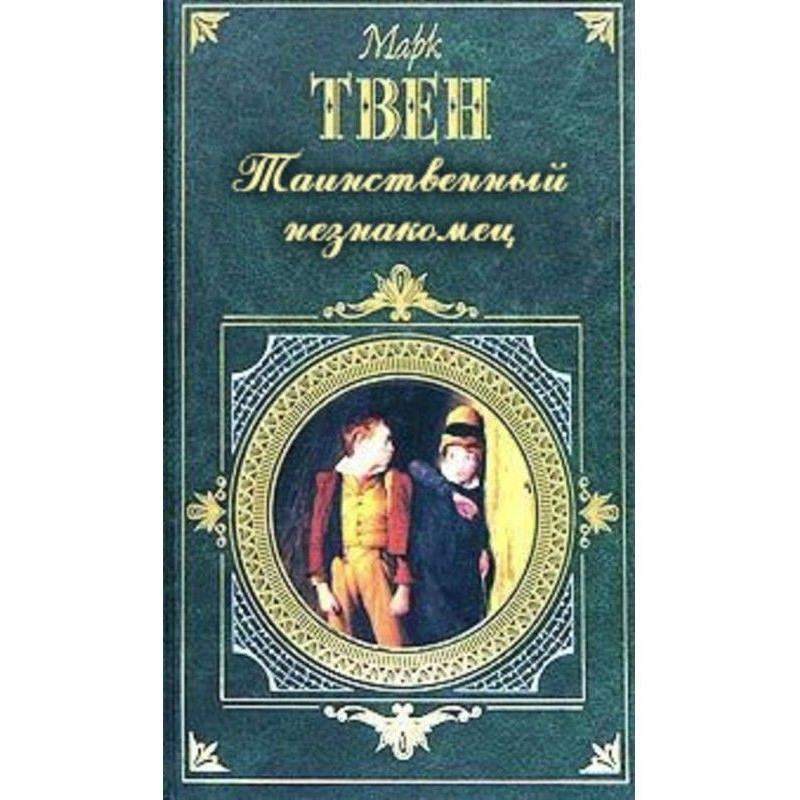Notes of a dead man. Theatrical novel
 Instant download
Instant download
after payment (24/7)
 Wide range of formats
Wide range of formats
(for all gadgets)
 Full book
Full book
(including for Apple and Android)
Mikhail Afanasyevich Bulgakov created his unfinished “Theatrical Novel” (author’s title “Notes of a Dead Man”) in 1936–1937, after breaking off relations with the Moscow Art Theater and its head Konstantin Sergeevich Stanislavsky. The writer was acutely upset by the cessation of rehearsals of his “Molière” (“The Cabal of the Holy One”) on the stage of the Moscow Art Theater. We can say that Bulgakov’s love affair with the theater was rather sad: almost all of his works were either removed from the repertoire or were not allowed on the stage for censorship reasons (the exception was the play “Days of the Turbins,” which enjoyed constant success with the audience). However, in the notes of the aspiring writer and playwright Maksudov, who committed suicide (Notes of a Dead Man), there is no place for politics. Bulgakov, who experienced a lot from the Soviet regime, realizing what a difficult time he was living in, abandoned the theme of “the artist and power” in his work, which became the main reason for the cessation of work on “Molière”. The main focus of the bright, smart and ironic “Theatrical Novel” is dedicated to the Theater, which is sincerely loved and deeply revered by the author, and what could be more interesting than the behind-the-scenes life.
Data sheet
- Name of the Author
- Михаил Булгаков Афанасьевич
- Language
- Ukrainian
- Release date
- 2006

